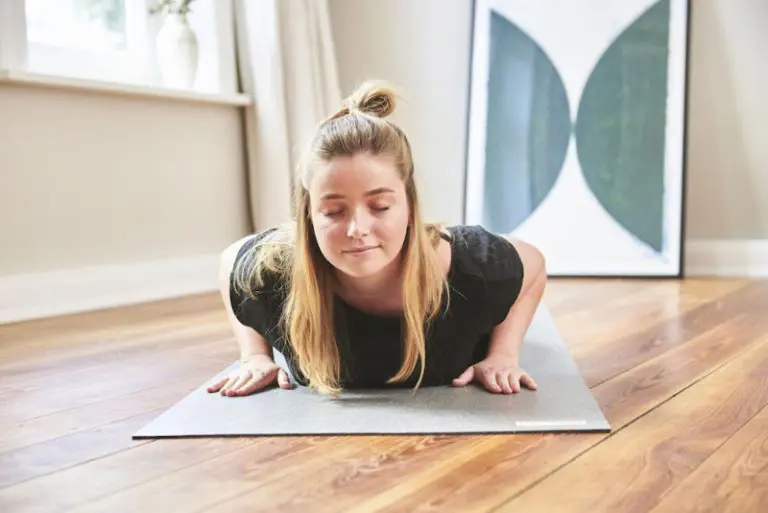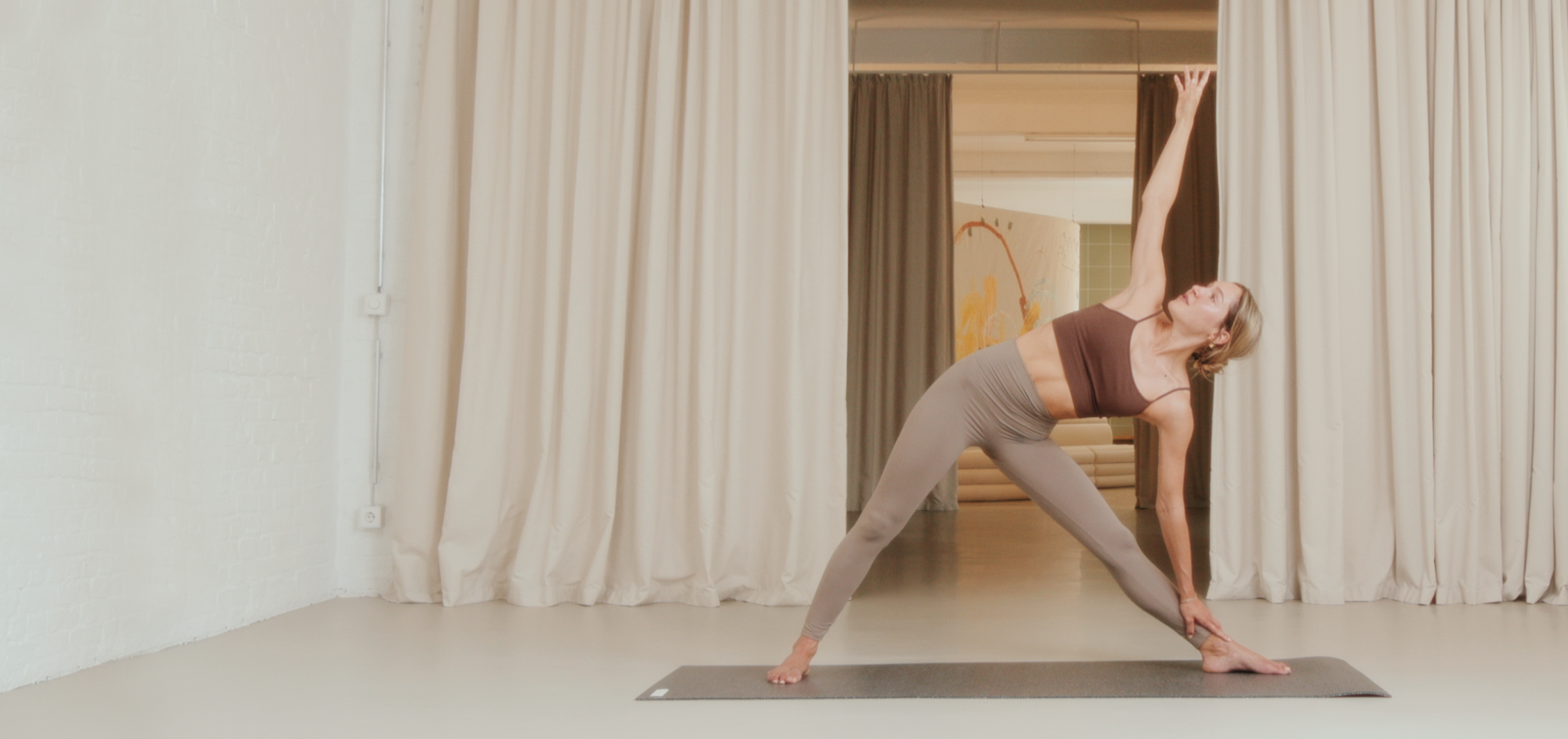Yoga has beneficial features for your overall wellbeing. This is probably not new to the ones among you that already practice yoga. We recently got informed of another astonishing feature of yoga: To support people suffering from mental illnesses along their way to recovery. We were so lucky to talk to the amazing Cornelia Brammen who started the great NGO Yoga für alle e.v. is aiming to make yoga accessible for those who would otherwise have no access to yoga practice nor teaching. This means, for example, bringing yoga to prisons or women’s shelter. We are amazed by how Yoga für alle e.v. facilitates the social side of sustainability through social yoga. Cornelia told us about the supportive characteristics yoga can have for people suffering from a mental illness.
Social yoga contributes to a sustainable development
This supportive characteristic arises from one of the core traits of yoga. While practicing yoga, you get the chance to come into self-efficacy again. Self-efficacy means having a connection to yourself, it means to be delighted by the life you live (of course not every minute of it, but at least most of the times) it means to set yourself goals and to feel connected to the people and world around you.
People who are suffering from mental illnesses, such as depression, lose this self-efficacy over the time. They lose connection towards themselves but also towards the outside world.
Yoga means to connect
Right from the start, practicing yoga can help you to find your way towards yourself again. It helps you to accept yourself which then can lead to acceptance of your outside world as well. But what exactly evokes these supportive characteristics in yoga? Who already had a yoga session knows that in yoga it is a lot about the breathing. A deep, calm and steady breath fills you from the inside.
Yoga also involves a lot of poses where you have to straighten yourself up. You rise up and learn how to stand up straight, tall and strong. Many asanas during a yoga practice are about raising yourself up. Desirably one can take these feelings with oneself outside the class.
Additionally, yoga is about exploiting your full potential. This does not mean to learn an asana super fast and being super stretchy, it is more about going as far as you can and experiencing your limits again.
Yoga für alle e.v. offers yoga for people suffering from mental illnesses to support them along their therapy under their campaign #yogahilft. The yoga instructors teaching in the NGO all have undergone further training to provide the best assistance as possible. Supportive, social yoga classes always take place as a supplementary element along a clinical therapy. This means all patients are under medical supervision. The experience shows that many patients are likely to accept yoga during their therapy and it helps them to find their balance again. Cornelia wishes that more medical centers and therapists would make use of the supportive aspects of social yoga and would make it accessible to their patients along with their therapy.






